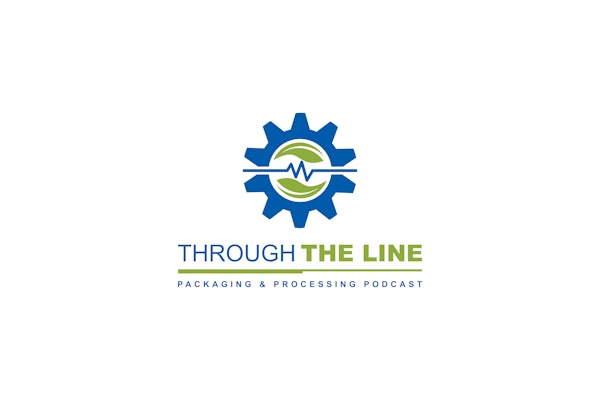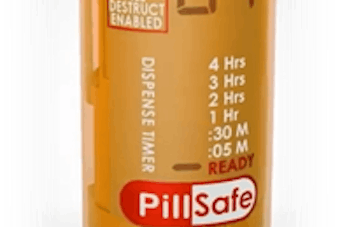
One group that stands poised to benefit from the evolution of the pharmaceutical and medical device industries are contract manufacturers (CMOs) and contract packagers (CPOs). As manufacturers strain to balance regulation compliance, expanding consumer demand, and shifting market realities, the option to contract out a portion of the production and packaging process becomes a viable strategy.
Currently, about one third of all processing and packaging in the pharmaceutical and medical device industries is handled by contractors. Manufacturers are utilizing contractors to shore up production shortages, run smaller batches that would slow down production in-house, and to manufacture products that require highly specialized equipment (such as blister packs and pre-filled syringes).
Occasionally a company will send all of their processing and packaging needs to a contractor, giving rise to the concept of “virtual manufacturing,” which allows companies to operate without investing in any physical production equipment.
Contractors are also typically well versed in regulation compliance requirements, and may in some cases be ahead of the game when it comes to implementing new equipment and process solutions. As the use of contract services continues to grow, CMOs and CPOs will need to expand their capacity while maintaining or increasing their versatility to meet rising consumer demand.
Contractors are more interested in modular machine designs that can be changed or moved on the fly, and that are capable of accommodating a wide variety of unique product and packaging configurations.
See all five top business drivers here.
Many of the leading suppliers of machinery and materials for pharma and medical device packaging and logistics teams will be exhibiting at Healthcare Packaging EXPO in Las Vegas, September 25-27, 2017.





















